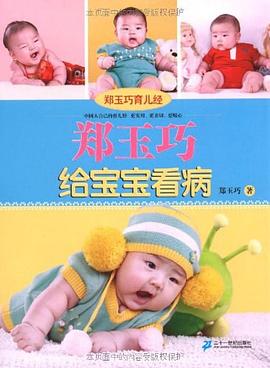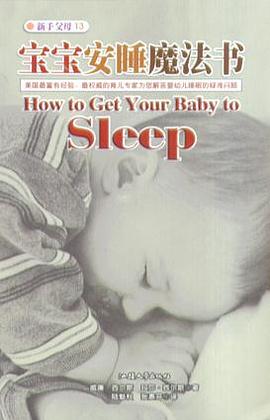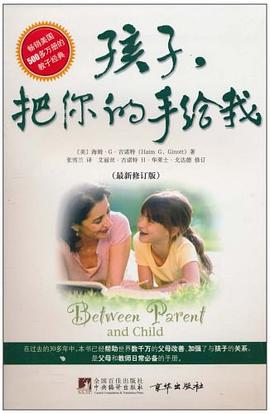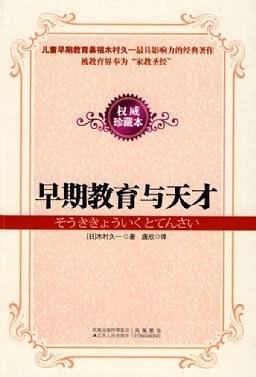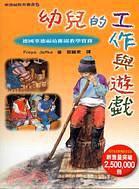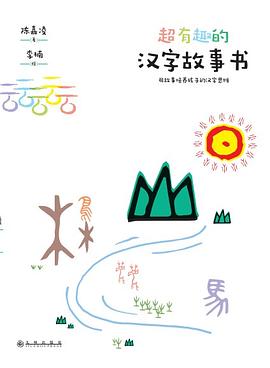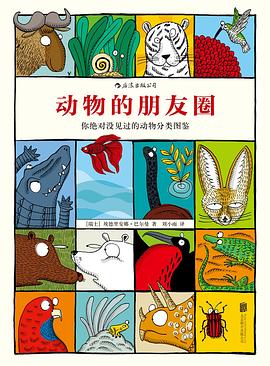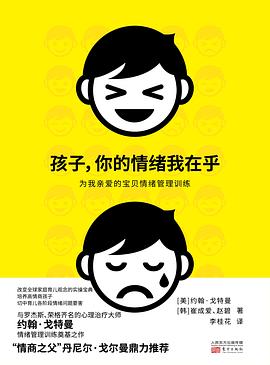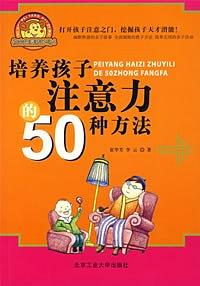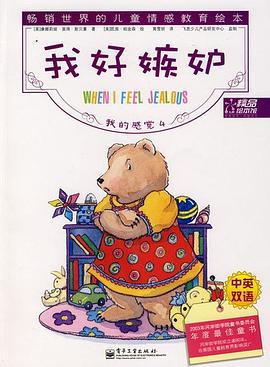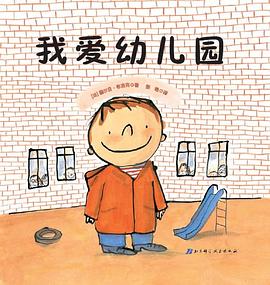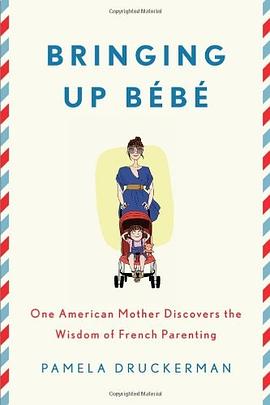

具體描述
The secret behind France's astonishingly well-behaved children.
When American journalist Pamela Druckerman has a baby in Paris, she doesn't aspire to become a "French parent." French parenting isn't a known thing, like French fashion or French cheese. Even French parents themselves insist they aren't doing anything special.
Yet, the French children Druckerman knows sleep through the night at two or three months old while those of her American friends take a year or more. French kids eat well-rounded meals that are more likely to include braised leeks than chicken nuggets. And while her American friends spend their visits resolving spats between their kids, her French friends sip coffee while the kids play.
Motherhood itself is a whole different experience in France. There's no role model, as there is in America, for the harried new mom with no life of her own. French mothers assume that even good parents aren't at the constant service of their children and that there's no need to feel guilty about this. They have an easy, calm authority with their kids that Druckerman can only envy.
Of course, French parenting wouldn't be worth talking about if it produced robotic, joyless children. In fact, French kids are just as boisterous, curious, and creative as Americans. They're just far better behaved and more in command of themselves. While some American toddlers are getting Mandarin tutors and preliteracy training, French kids are- by design-toddling around and discovering the world at their own pace.
With a notebook stashed in her diaper bag, Druckerman-a former reporter for The Wall Street Journal-sets out to learn the secrets to raising a society of good little sleepers, gourmet eaters, and reasonably relaxed parents. She discovers that French parents are extremely strict about some things and strikingly permissive about others. And she realizes that to be a different kind of parent, you don't just need a different parenting philosophy. You need a very different view of what a child actually is.
While finding her own firm non, Druckerman discovers that children-including her own-are capable of feats she'd never imagined.
著者簡介
Pamela Druckerman is a former staff reporter for The Wall Street Journal, where she covered foreign affairs. She has also written for The New York Times, The Washington Post, and Marie Claire, and appeared on The Today Show and NPR's Morning Edition. Her previous book, Lust in Translation, was translated into eight languages. She has a master's degree in international affairs from Columbia. She lives in Paris.
圖書目錄
讀後感
非常适合在“妈妈”身份里挣扎,焦虑,困惑的人读,让你放下情绪,先活出自我,只有这样你才能做一个快乐自信的妈妈,从而培养出同样的孩子。 法国妈妈同样面临着高需求的宝宝,不干家务的爸爸,但是她们却不像美国妈妈那样到处抱怨和指责,因为她们懂得放手和平衡。让孩子自己...
評分《法国妈妈育儿经》(美)帕梅拉•德鲁克曼 一说到法国,就都是优雅的,可难道育儿这件事,也跟优雅有关系吗?本书作者帕梅拉•德鲁克曼是一位到法国暂居的美国妈妈,孕期里她见识了法国妈妈们神奇又优雅的育儿之道,她们的孩子就是能在饭桌上安静地吃饭,在公共场所小声...
評分看过好多家爸爸妈妈的育儿经了,有的是低调的炫耀自己的成功,有的是强势的得瑟自己的御女术,比如说曾经的虎妈,她觉得自己是成功的,但是未必读者会认可,我就是持反对意见者之一,我觉得跟孩子的快乐相比靠强横专制的逼迫得来的成绩根本不值得炫耀。在看到这本《法国妈妈育...
評分在宝宝出生后的第三个月,我看完此书,下面分享一些感受。 第一,美式育儿与中式育儿竟如此相似。作者是生活在法国的美国人,虽然全文都在比较美式与法式育儿的不同。但我竟发现美式与中式育儿有很多相似之处。比如不让孩子输在起跑线上、纵容小皇帝等溺爱式育儿等等。 第二,...
評分这本书是一位怀孕中的朋友推荐的,在kindle试读后,我觉得如果是以叙事的方式描述一个美国妈妈在法国育儿过程的所见所闻,应该挺有意思的。 前几章还有点意思,越到后面越觉得作者一方面夸大了美国育儿的某些错误观点,另一方面对法国育儿的方法各种绝对化。也许还有翻译的问...
用戶評價
現階段(孕後期)讀這個非常閤適,因為這是十分緩解焦慮的一本育兒書。
评分The best parenting book ever.
评分給予充足自由 卻不嬌縱寵溺 最深得我心的育兒經
评分limits & self control
评分一些觀念還是滿實用、啓發的,但略顯囉嗦
相關圖書
本站所有內容均為互聯網搜索引擎提供的公開搜索信息,本站不存儲任何數據與內容,任何內容與數據均與本站無關,如有需要請聯繫相關搜索引擎包括但不限於百度,google,bing,sogou 等
© 2025 book.quotespace.org All Rights Reserved. 小美書屋 版权所有

